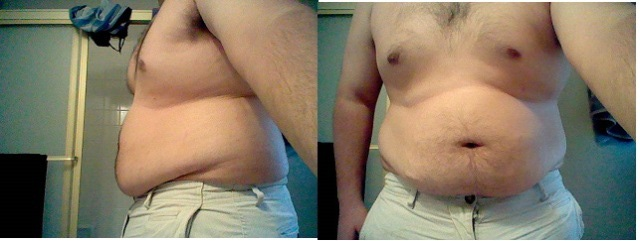How to Eat Protect Your Heart
Heart disease is the leading cause of death in the United States, but it doesn't have to be. By making healthy changes to your diet, you can help reduce your risk of heart disease and live a longer, healthier life.
1. Eat plenty of fruits and vegetables.
Fruits and vegetables are packed with vitamins, minerals, and antioxidants that can help to lower blood pressure, reduce cholesterol levels, and improve overall heart health. Aim to eat at least five servings of fruits and vegetables each day.
2. Choose whole grains over refined grains.
Whole grains are a good source of fiber, which can help to lower cholesterol levels and reduce the risk of heart disease. Choose whole grains like brown rice, quinoa, and oatmeal over refined grains like white bread and white rice.
3. Limit saturated and trans fats.
Saturated fats and trans fats are unhealthy fats that can raise cholesterol levels and increase the risk of heart disease. Limit your intake of saturated fats, which are found in red meat, poultry with skin, dairy products, and tropical oils. Trans fats are found in processed foods such as margarine, crackers, and baked goods.
4. Choose lean protein sources.
Lean protein sources, such as fish, poultry without skin, and beans, are good for your heart. Avoid processed meats, such as bacon, sausage, and deli meats, which can be high in saturated fat and sodium.
5. Limit added sugar.
Added sugar is a major source of empty calories and can contribute to weight gain and heart disease. Limit your intake of added sugar to no more than 6 teaspoons per day for women and 9 teaspoons per day for men.
6. Get enough omega-3 fatty acids.
Omega-3 fatty acids are essential fatty acids that can help to lower blood pressure, reduce cholesterol levels, and improve heart health. Aim to eat fish at least twice per week. Good sources of omega-3 fatty acids include salmon, tuna, mackerel, and sardines.
7. Limit alcohol intake.
Drinking alcohol in moderation can help to raise HDL (good) cholesterol levels and reduce the risk of heart disease. However, drinking too much alcohol can have the opposite effect. Women should limit their alcohol intake to one drink per day and men should limit their intake to two drinks per day.
8. Manage your weight.
Being overweight or obese is a major risk factor for heart disease. Aim to maintain a healthy weight by eating a healthy diet and getting regular exercise.
9. Get regular exercise.
Exercise is one of the best things you can do for your heart health. Aim to get at least 30 minutes of moderate-intensity exercise most days of the week.
10. Don't smoke.
Smoking is one of the worst things you can do for your heart health. It damages the blood vessels and increases the risk of heart disease. If you smoke, quit today.
By making these healthy changes to your diet and lifestyle, you can help to reduce your risk of heart disease and live a longer, healthier life.
-
weak nails
Questioni would like to know which vitamin is best for weak break
-
What kind of diet do I need.
QuestionHi, my names Kris and I have some questions about my diet
-
will its be harmful ? :(
Questionhey there , i need so quick infromation . i am female ,15
-
Weight Gain and Gps
QuestionI have two questions. Would a gp be able to describe an
-
fad diet-atkins
QuestionSince your expertise was in the field of cholesterol and
-
After lunch sleepiness
QuestionI am a Mum and also work full time. I do long 12 ho



